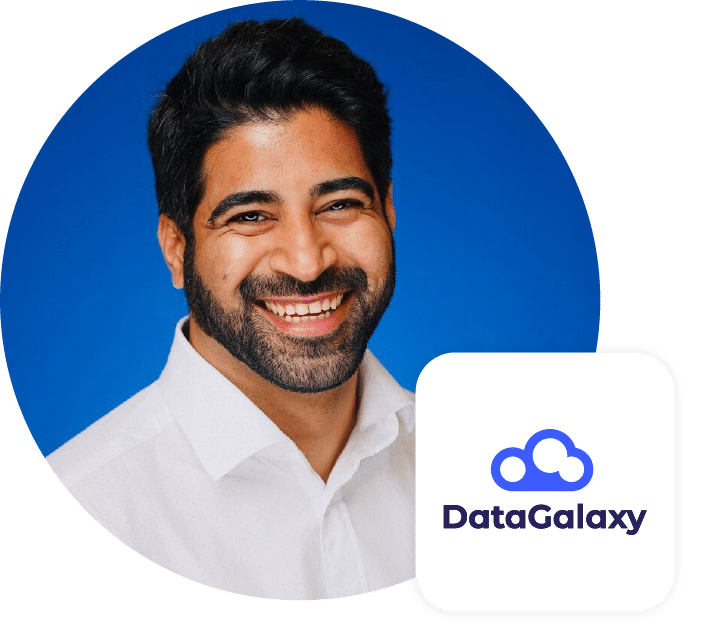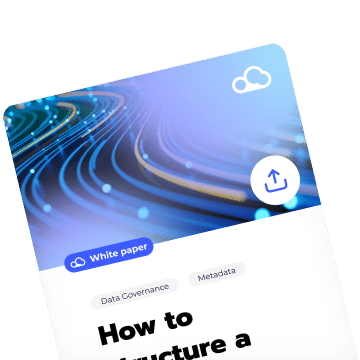
DataGalaxy’s holacratic data governance
As organizations seek to unlock the value of their data assets, the data governance space is experiencing a surge in technological innovation. With data volumes doubling at an unprecedented rate, organizations have access to a vast amount of knowledge that, when utilized properly, can give them a competitive edge. But with so much data to manage, ensuring that it is governed effectively has become more critical than ever.
The focus of data governance has shifted from simply finding and organizing data to leveraging insights from users to drive innovation. More organizations are adopting the Environment, Social, and Governance (ESG) framework and moving from traditional, hierarchical structures to more sustainable holacracy models. The role of Chief Data Officers (CDOs) has also evolved, with many organizations now appointing Chief Data Analytics Officers to lead data analytics functions instead of traditional CDOs. The market trend shows that CDOs are increasingly prioritizing analytics-centric use cases as a starting point for scaling data governance initiatives and gaining budget approval.
Amid the ever-changing data governance space and related technologies, many challenges lie ahead of the CDOs: low business, technology, and user adoption. While traditional platform players provide myriad data management capabilities and an initial safety net, they fail to deliver a broader user adoption focus and unified experiences, which could severely impact the odds of success of the entire data governance program.
In addition, the success of CDOs depends on more than just technology solutions. MIT management found that only “40% of respondents said the CDO role is successful and established within their organization.” To be successful, CDOs must build internal and external strategic partnerships that provide shared experiences. These partnerships help create knowledge mindshare, best practices, and a seat at the table with vendors to build fit-for-purpose data technologies and commitment to holacracy values.
However, many traditional data governance technology players struggle with usability and accessibility issues, failing to provide the support that customers and CDOs need after acquiring a solution. According to the same study, merely “26% of CDOs have succeeded in creating a data-driven organization.” Building partnerships and providing a seamless customer experience are vital to overcoming these challenges and achieving success in data governance and the CDO’s role within the organization.
I am excited to be part of DataGalaxy, the industry’s first cloud-native data intelligence platform. As someone who has watched the data governance space evolve, I am impressed by DataGalaxy’s impressive 150% YoY growth in Europe. This success is reflected in the positive feedback from customers and partners, who have praised DataGalaxy for making the Chief Data Officer’s job easier and delivering quick time-to-value while maintaining a rich user experience across business and technology teams.
What makes DataGalaxy a leading modern data intelligence platform is its ability to deliver precisely the support most CDAOs need, which is to help organizations and their data prosumers understand how the entire business runs on data. DataGalaxy also provides a flexible holacracy framework whereby any data user of an organization form distinct, autonomous, yet symbiotic teams to mitigate data challenges and achieve business outcomes.





